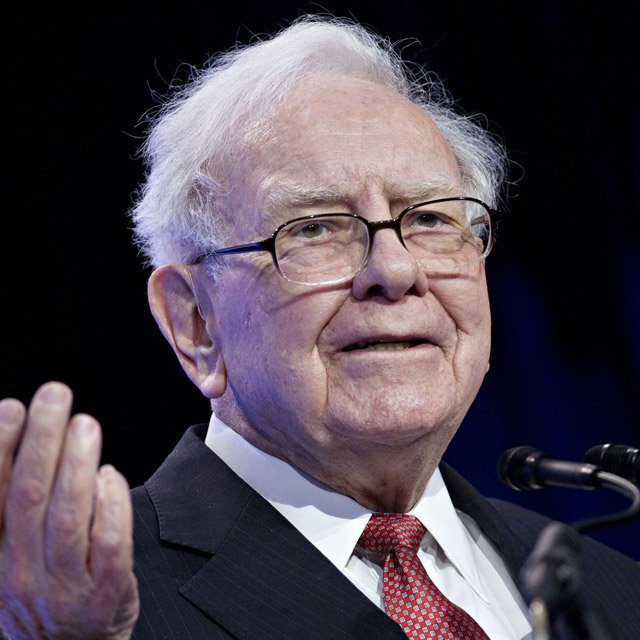Warren Buffett Buys the Dip

What You Need to Know
The conglomerate was a net buyer of equities in the quarter, reporting $3.8 billion in purchases in the second quarter of 2022.
Warren Buffett’s Berkshire Hathaway Inc. is following an age-old adage: Buy the dip.
The conglomerate was a net buyer of equities in the quarter, reporting $3.8 billion in purchases, according to results released Saturday. It was a net seller in the second quarter of last year.
Berkshire stepped in as the S&P 500 shed 16% in the latest quarter. The Omaha, Nebraska-based company also reported an operating profit of $9.2 billion as the insurance and railroad businesses posted gains.
Cathy Seifert, an analyst with CFRA Research, said one business flashing potential warning signs is Geico, the company’s personal auto-insurance unit. It reported an underwriting loss of $487 million, even as the conglomerate’s other insurance lines gained alongside the division’s investment income.
But Seifert said the report as a whole reflected “decent top-line growth, still decent demand for various goods and services, offset by higher input costs and volatility in equity markets.”
‘Tough Spot’
Berkshire said losses at Geico were the result of higher claims due to rising used-car prices and auto parts shortages. The company said policies-in-force declined even as it increased premiums, a potential sign that the business is losing market share as customers hunt for better rates elsewhere.
“They’re in a little bit of a tough spot right now,” Seifert said, adding that the same trends are playing out at other auto insurers but appear to be hitting Geico particularly hard. “It’s probably a good idea to watch for further deterioration.”
The same market weakness increasing Buffett’s buying power is weighing on his company’s results, at least on paper. The company reported a net loss of $43.8 billion due to a $53 billion loss in the company’s investment portfolio.
Berkshire downplays those results as a function of accounting rules, saying they provide a misleading picture of the company’s actual performance.




